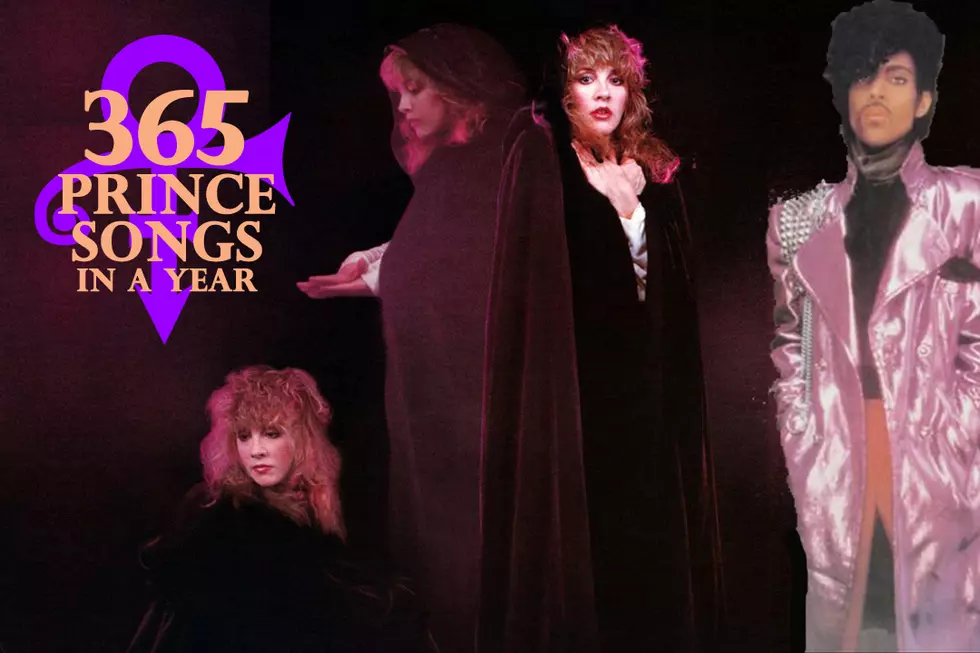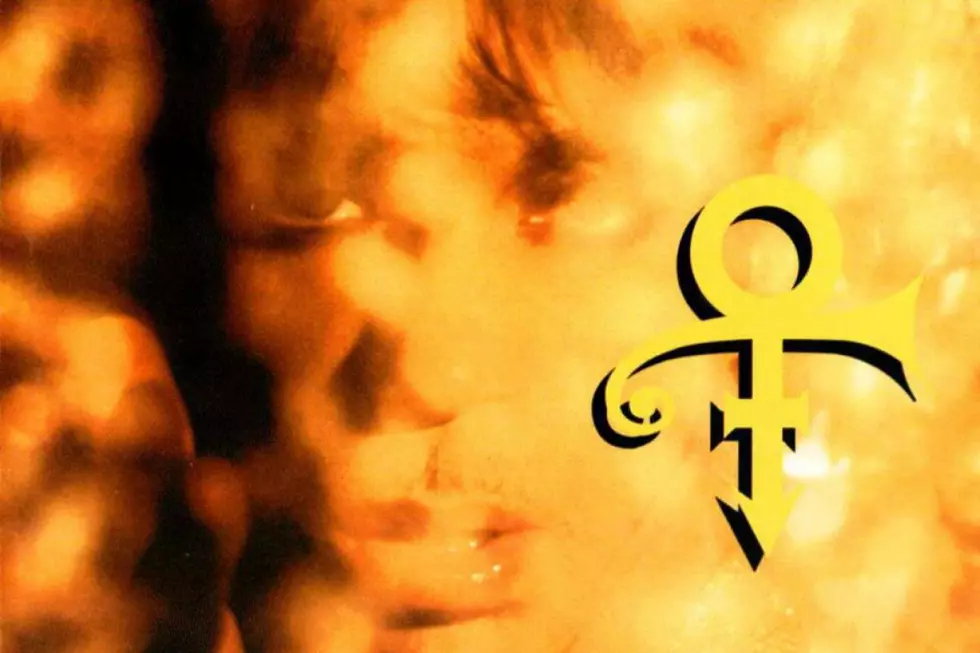Prince Fully Inhabits the Holy Trinity on ‘I Would Die 4 U': 365 Prince Songs in a Year
To celebrate the incredibly prolific, influential and diverse body of work left behind by Prince, we will be exploring a different song of his each day for an entire year with the series 365 Prince Songs in a Year.
Heard in miniature, 1984's "I Would Die 4 U" could easily be misconstrued as nothing more than messianic hubris from Prince. Even Revolution member Dez Dickerson seemed to be in this camp.
"I think Prince had experienced something," Dickerson told author Toure in 2013's I Would Die 4 U: Why Prince Became an Icon. "I think he had a moving experience with respect to the idea of who Jesus is, or was, and he wanted to express it in a song. It's not a very cloaked lyric. It says what it says: He's saying he is Jesus."
But there was much more to "I Would Die 4 U," a song Prince had been tinkering with for some time. (He initially introduced it at a sound check during the tour in support of 1981's Controversy, according to PrinceVault.) The track didn't finally come together, however, until Revolution keyboardist Dr. Fink solved an issue with the bass line, attaching a sequencer to the drum machine to execute something neither he nor Prince could play manually.
The released version of "I Would Die 4 U," like "Baby I'm a Star" and "Purple Rain," was recorded live during an appearance by Prince and the Revolution on Aug. 3, 1983 at the First Avenue Club in Minneapolis – site of several key scenes in the subsequent Purple Rain film. "We did some groundbreaking technological things that day," Fink told Rolling Stone in 2016.
By then, Prince had hit upon a bold narrative approach for "I Would Die 4 U," as he deftly inhabits not just the likeness of Jesus, but all of the Holy Trinity. Verse by verse, this canny transformation opens up a bold new path for Prince to share a message for the ages.
In the first verse, he plays the role of God, beginning the song with a theme of forgiveness – no matter the transgression. Next, he is Jesus, in a second verse that famously references Christ's fulfillment of Old Testament prophecy. Keep listening, however, and the third verse finds Prince subsequently morphing into a dove, as the Holy Spirit does in the New Testament. Prince also references his role as "your conscience," an inner voice often associated with the third element of the Triune.
Taking these various forms is a common trope in gospel music, of course, but far less common on the pop charts. It was another way Prince broke new ground.
At the same time, "I Would Die 4 U" holds true to the central dichotomies that Prince personified, and that's part of why his embedded concept didn't necessarily make itself plain back then – or even in 2016, when this became a Top 40 hit all over again following Prince's sudden passing.
When he sang "I'm not a woman, I'm not a man" and "I am something you'll never understand," it worked as a widescreen introduction to a concept that ultimately defined Prince, from his well-known androgyny to adopting an unpronounceable glyph as his name to his overt latter-day discussions about religion.
Early on, fans and journalists alike sought to pin Prince down, to no avail. By creating this open-minded aesthetic, one where nothing is seen in binary black or white, Prince gave himself a sturdy platform to talk about Christianity on a remarkably broad scale.
Raised as a Seventh-Day Adventist, he became a Jehovah's Witness around the turn of the century – a conversion that became public knowledge when media outlets began running stories about his shoe-leather proselytizing. The truth is, he'd been doing it for decades. "Years before he became a Jehovah's Witness," Toure memorably argued, "Prince knocked on America's door through his music."
"I Would Die 4 U" – the fourth consecutive Top 10 Billboard hit to emerge from Purple Rain – stands as one of Prince's most complete testaments of faith, and certainly the one most widely heard.
More From Diffuser.fm









